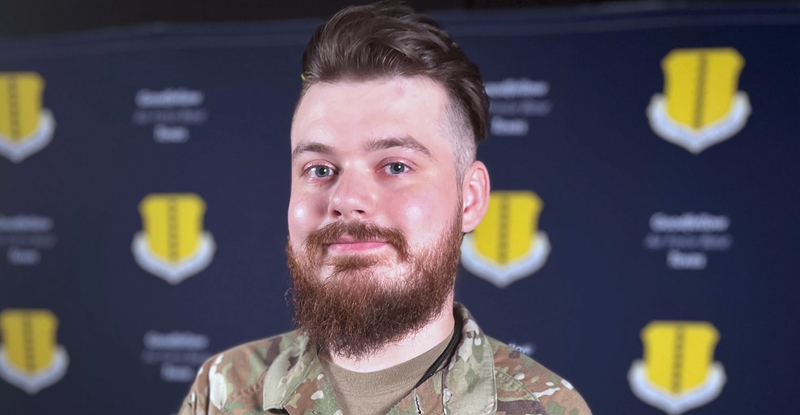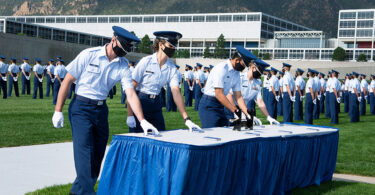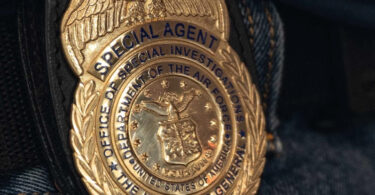By David Roza | Air & Space Forces Magazine
Lawmakers on the House Armed Services Committee voted to create a three-year Air Force test program studying the effects of beards on safety, discipline, morale, and inclusivity, as part of their markup of the 2025 National Defense Authorization Act on May 22.
The provision, introduced by Rep. Marc Veasey (D-Texas), was included in a package of amendments adopted unanimously by the committee in an uncontroversial voice vote. In order to become law, it must survive passage in the House of Representatives and be reconciled with the Senate version of the NDAA. But in making it through the committee process, it cleared a major hurdle.
Specifically, the provision instructs the Air Force to “establish a pilot program to allow members of the Air Force and Space Force to grow beards,” in select units across a diverse range of environments and mission sets. The Air Force would then submit an initial report within a year of the program’s start, followed by a final report after the three-year program ends.
Elements of the report would include an evaluation of whether beards effect the airtight seals of gas masks or similar equipment; how they effect “discipline, morale, and unity within the ranks”; and “a determination whether allowing members to grow beards improves inclusivity.” It would also include identifying any negative perception or bias towards members with beards, as well as strategies to mitigate that bias.
Besides the Air Force beard pilot program, Veasey also introduced—and the committee approved—an amendment requiring the Navy to brief the House Armed Services Committee on a study being conducted by the Naval Health Research Center on the effect of beards on gas mask seals. The briefing would be required no later than March 1, 2025.
The amendments will likely be celebrated by many Airmen who have advocated for years for the service to allow beards without a waiver. Currently, Airmen are allowed to grow beards if they receive a religious exemption or a medical waiver for conditions such as pseudofolliculitis barbae (PFB), also known as razor bumps, a skin condition caused by ingrown hairs that makes shaving painful and can lead to scarring if skin is not given a chance to heal.
Waivers have become easier to obtain in recent years. Former Chief Master Sergeant of the Air Force JoAnne Bass’ team repealed policies that had barred bearded Airmen and Guardians from serving in some positions and they made it easier to qualify for beard waivers. Earlier this year before Congress, Air Force Chief of Staff Gen. David W. Allvin estimated that the number of shaving waivers for PFB has seen an “almost 50 percent increase in the past several years” due to increased awareness of the waiver process.
But a 2021 study conducted by military doctors found that, due to a lingering cultural stigma, Airmen with shaving waivers took longer to earn promotions and often could not land high-profile positions as recruiters, military training instructors, Honor Guard members, or positions on the Thunderbirds flight demonstration team.
Since Black men are more likely to suffer from PFB, the beard ban is effectively discriminatory towards Black Airmen, the study authors argued.
“[T]he promotion system is not necessarily inherently racially biased, but instead biased against the presence of facial hair which will likely always affect the promotions of Blacks/African-Americans disproportionately because of the relatively higher need for shaving waivers in this population,” the study stated.
Yet there remains resistance among some leaders to the idea of allowing facial hair.
“If you want to look cute with your skinny jeans and your beard, by all means, do it someplace else,” then-Senior Enlisted Advisor to the Chairman of the Joint Chiefs of Staff Ramón Colón-López said in 2023 “But quit wasting our time on something that doesn’t have anything to do with kicking the enemy’s ass.” . . . . (read more)









Leave a Comment